Just the Facts
These brief videos are short and sweet – giving you “just the facts” on a variety of topics. From decodable text to the instructional hierarchy, these videos dig into what you “literacy” need to know to get started on your learning!
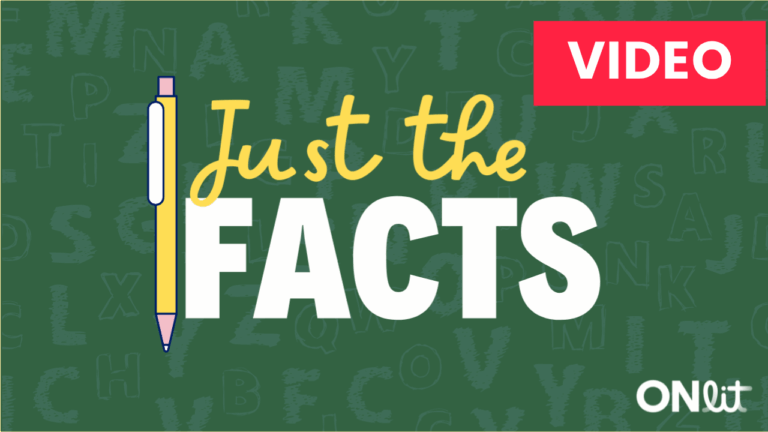
These brief videos are short and sweet – giving you “just the facts” on a variety of topics. From decodable text to the instructional hierarchy, these videos dig into what you “literacy” need to know to get started on your learning!
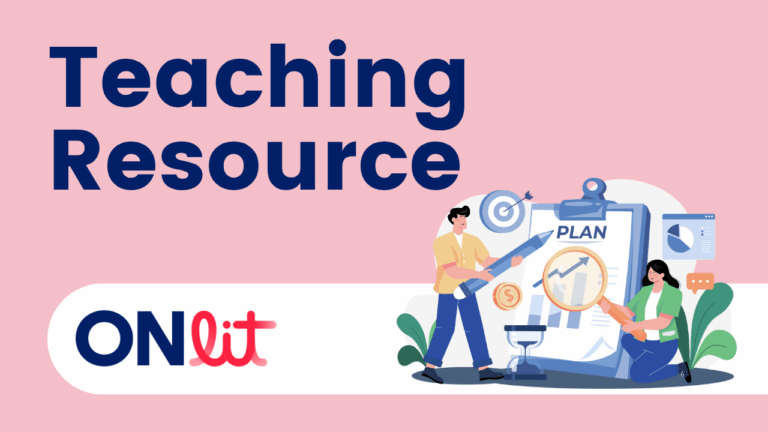
This worksheet serves as a template, walking educators through a structured process to use data to make informed instructional decisions about classroom- or grade-wide data. It highlights the steps of collaborative problem solving — problem identification, problem analysis, instructional planning, and plan evaluation.

This worksheet serves as a template, walking educators through a structured process to use data to make informed instructional decisions for individual students. It highlights the steps of collaborative problem solving — problem identification, problem analysis, instructional planning, and plan evaluation. It can be used to intensify student support in Tiers 2 and 3.

Whether using something new, successful implementation takes intentional planning and time. Implementation is not an event but a process involving multiple decisions and actions. Although implementation can take longer than we hope or anticipate, its process and trajectory can be predicted and shaped using a stage-based approach. The Implementation Stages Planning Tool supports identification of…
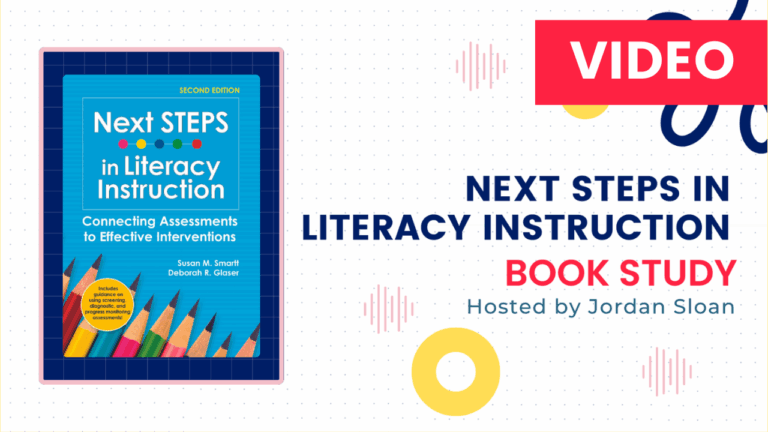
Keen to learn more about using assessment to drive structured literacy in your classroom? Catch up with our Next STEPS Summer Book Study. Resources related to this ONlit event series, hosted by Jordan Sloan, can be found here. Each session in the series tackles a foundational reading skill, unpacking what it is, why it’s necessary for…

This evidence-based planning guide will help educators of young children (K/1) and those who lead them to use the Multi-Tiered Systems of Support framework to enhance student development and success in literacy, language and the social-emotional domain. Chapter topics include using data-based decision making, engaging families, dual-lanuage learners, children with disabilities, and specific chapters on…
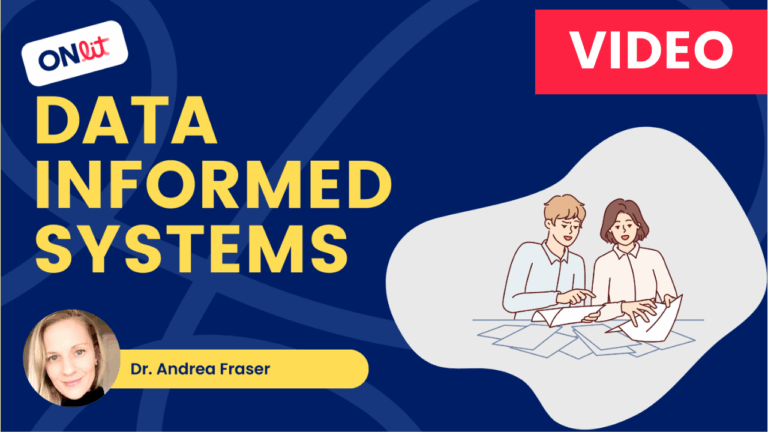
In this series of videos, Dr. Andrea Fraser highlights key considerations for school boards and districts as they move to evidence-based assessment and data-based decision-making.
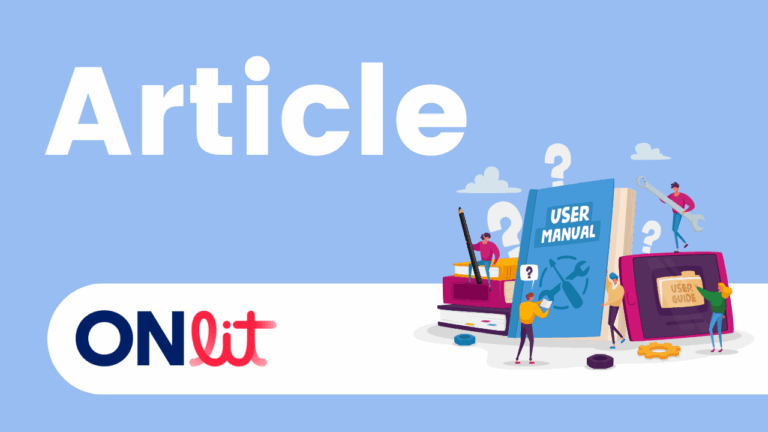
A needs assessment supports schools to systematically examine system strengths and weaknesses. This allows leaders to understand key needs and prioritize actionable steps to improve outcomes for all students.

Hear the story of dedicated educators working together to put in place a full MTSS framework (Tiers 1-3) to support ALL students. This webinar focuses on a partnership between Mount St. Joseph University and a local school; the main investigator and school administration share their journey.

This video brought to you by Stephanie Stollar will clear up any confusion about universal screening and diagnostic assessment. Not only will you understand the differences, but you will also learn how the two work together to help guide instructional decisions in reading.

This book is “a comprehensive guide to what effective coaching looks like across the pre-K to 12 grade span and how to conduct powerful coaching cycles with teachers and teams”. It is research-driven, full of citations to support the coaching model (using alliance strategies, observing, modeling, providing performance feedback) and recommended practices. The section on…

Kate welcomes Catherine Shawana, a member of Wiikwemkoong unceded territory, for a candid discussion about her First Nation school’s journey from balanced literacy to structured literacy, as well as a broader conversation about First Nations education. Catherine’s passions are rooted in the foundation of building Anishnawbek identity and establishing a connection to Indigenous ways of knowing,…